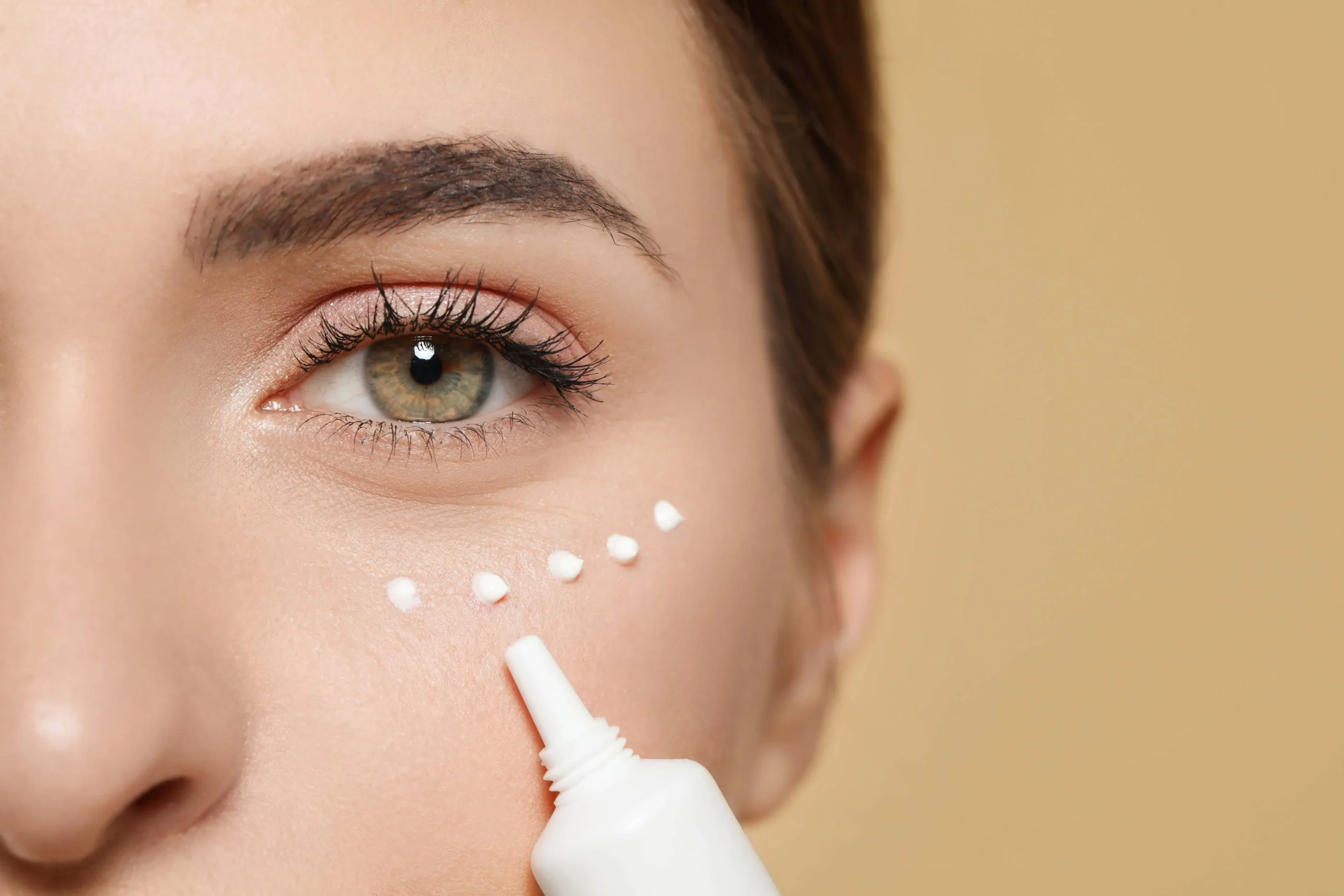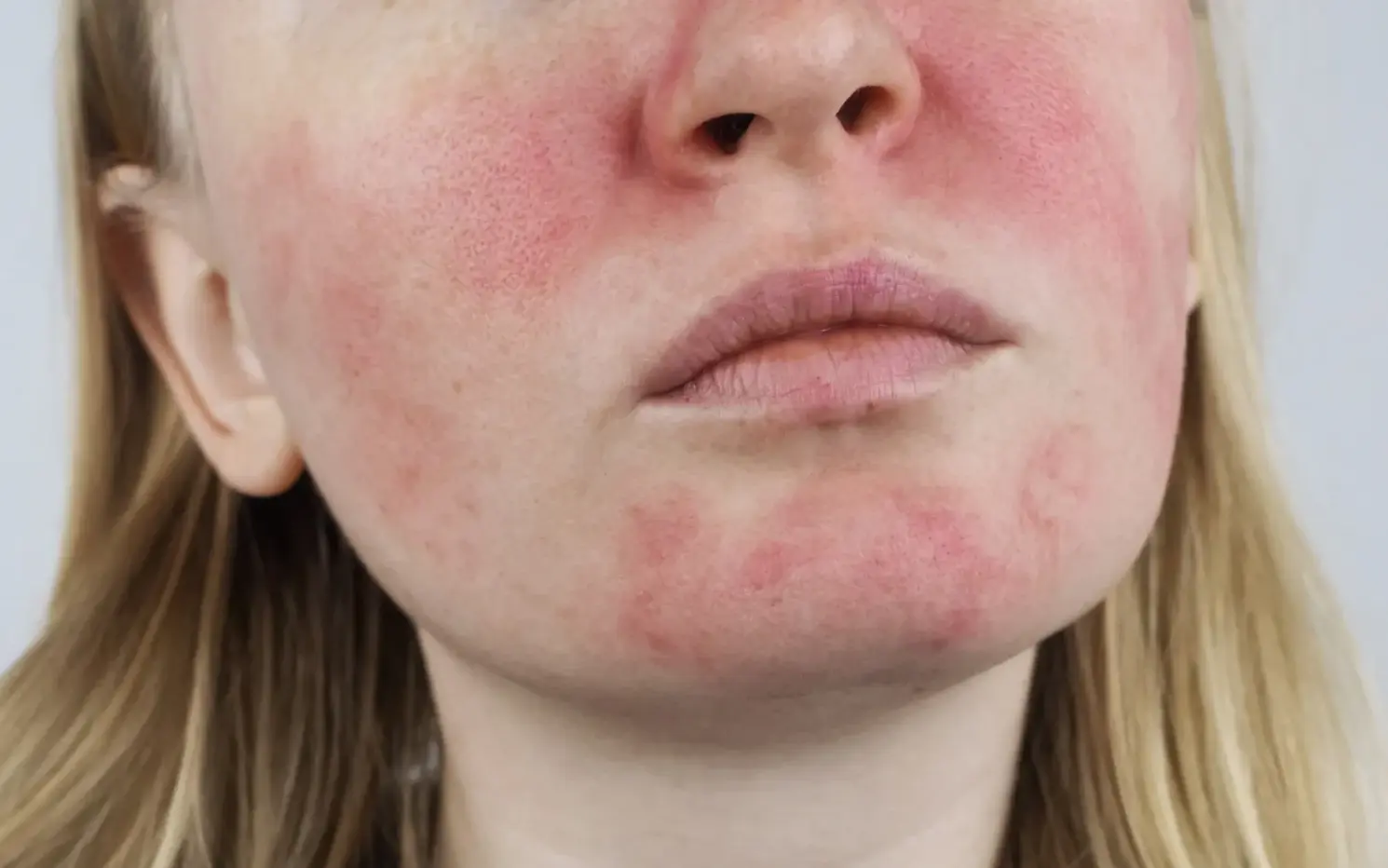Hyaluronic Acid Allergy? Is this a thing?
Our body naturally produces hyaluronic acid, so this substance rarely causes severe allergy, but it can cause irritation. Hyaluronic acid is a humectant meaning it holds onto water. It brings water found throughout the body to the top layers of the skin. It keeps the deepest layers of the skin hydrated and improves the function and fluidity of the moisture barrier. In order for the hyaluronic acid to hold onto water, you need an occlusive to seal in the hydration such as dimethicone, petrolatum, or shea butter. If you do not have an occlusive, the water will just evaporate and will pull additional water from your skin that can lead to dryness, acne flares, and irritation.
It is important to look at the type of hyaluronic acid. Sodium hyaluronate is a high molecular weight which means it stays in the top layer of the skin and helps protect the uppermost layer of the skin. Middle molecular weight hyaluronic acid stays in the middle layers and strengthens the skin. Hydrolyzed forms of hyaluronic acid are much smaller and are low molecular weight. They penetrate deeper and have greater potential to cause irritation. When there is an injury to the skin, the high molecular weight hyaluronic acid is broken down into low molecular weight which can activate an immune response. The hydrolyzed hyaluronic acid acts as a stimulus for the immune system and can potentially cause inflammation. Although, this type of response is very unlikely.
Hyaluronic acid is not something to stray away from since it can provide many great benefits. With consistent usage, you will have increased hydration of the skin and other products will have enhanced penetration. It is important to note that enhanced penetration can also cause irritation with vitamin A derivative products for example retinol and Retin-A. Studies have demonstrated that the increase of water in the skin can cause more irritation, specifically applying to vitamin A products. If you do develop irritation, we suggest decreasing the frequency of moisturizers for a few days and just use SPF.
If you are looking incorporate hyaluronic acid to your skin care routine, we recommend checking out our powerhouse serum Formule Jeunesse: Innovative Anti-Aging Formula. This serum harbors a powerful relationship between copper, hyaluronic acid, essential amino acids, and niacinamide to hydrate, brighten, and directly address signs of aging.





